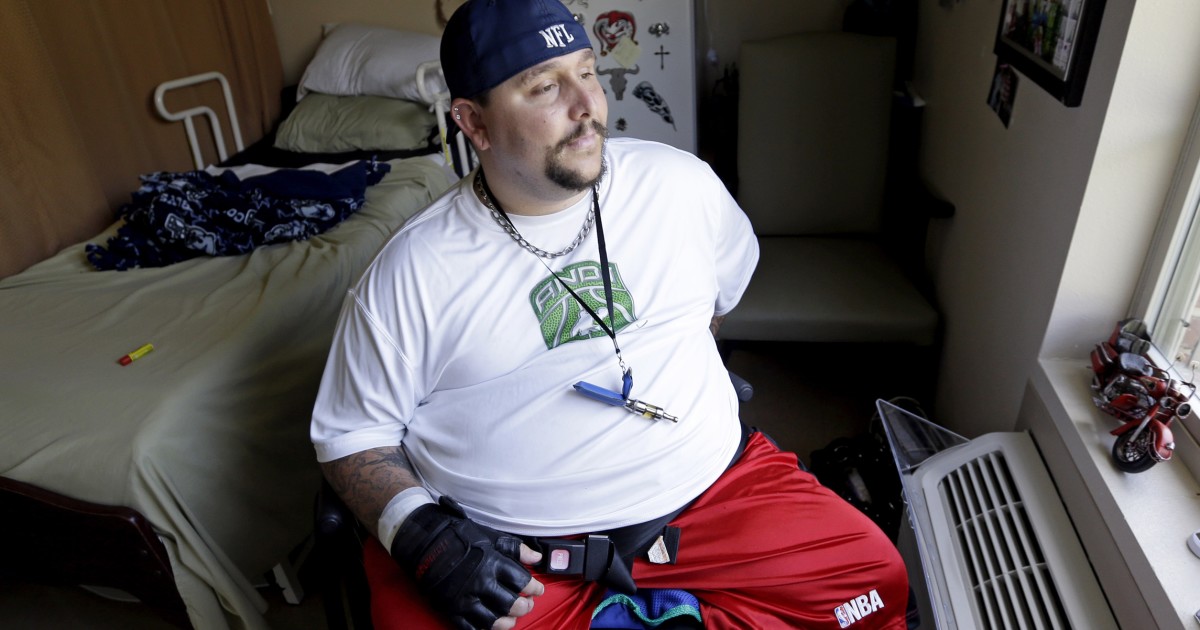
Texas Democrats feel emboldened under the Biden administration to advance Medicaid expansion legislation in the majority red state.
Texas is one of 12 states that have yet to expand access to health benefits under Medicaid, which mostly serves children, people with disabilities, and the very poor. President Joe Biden has granted those states greater financial incentives to widen eligibility for government coverage as part of Obamacare, and Democrats argue that such incentives would help spur the state economy hampered by pandemic-related business restrictions.
“It is fiscally irresponsible for our state not to capture the benefit of these federal dollars that will be so critical to providing improved access to care,” Democratic state Rep. Julie Johnson said on Thursday.
The Live Well Texas Plan spearheaded by Johnson in the House and Democratic state Sen. Nathan Johnson in the Senate would expand Medicaid coverage for over 1 million Texans ages 19 to 64 who earn up to 138% of the federal poverty level, or roughly $ 1,500 per month. The plan would aid those who make too much to qualify under Texas eligibility rules but not enough to buy private insurance.
The plan would also establish health savings accounts that would give people coverage for vision and dental care. State Democrats behind the plan have appealed to their colleagues to take advantage of the financial incentives to expand Medicaid granted by the Biden administration as part of the American Rescue Plan enacted in March.
Providers under Medicaid would also be reimbursed for services at the same rate as those under Medicare, the federal health program that covers seniors over 65. Under the plan, the state would have greater flexibility in spending federal Medicaid funds to cover the costs of improving housing, food insecurity, and other safety net programs that would ultimately save the state money.
“One of the critical problems in this sector is that our medical providers are woefully underpaid and we have few that participate in the program, and it’s necessary to increase provider participation,” Johnson added.
The Live Well Texas Plan has garnered support from nine House Republicans and all 67 House Democrats, but it remains unclear whether the Republican House Speaker Dade Phelan will schedule a public hearing on the bill.
Another state Democrat, Rep. Garnet Coleman, is now pushing for an amendment in the state budget that would compel the Texas health department and Republican Gov. Greg Abbott to devise an updated waiver to increase federal funding and access to Medicaid.
“This bill doesn’t have a ‘shall’ in it anywhere, except that [the state government] will apply for an 1115 demonstration waiver. That’s it,” Coleman said on Thursday. “It is not a mandate on what would be in there except for leaning on Republican principles of personal responsibility and the like.”
Texas relies on a funding agreement with the federal government called the 1115 waiver established under Obamacare to help hospitals care for uninsured people until full Medicaid expansion is adopted. In the waning days of the Trump administration, the Centers for Medicare and Medicaid Services reauthorized Texas’s waiver to allow for another 10 years of funding, only to be rescinded earlier this week when the Biden administration announced that the state did not provide enough time for the public to weigh in.
Now, members of the party expect state legislators to work with the Biden administration to devise an expansion plan tailored to the state healthcare system’s needs. Carla Brailey, vice chairwoman of the Texas Democratic Party, told the Washington Examiner that as Texans become more aware of racial inequities in access to healthcare, the state will move “more Democratic.”
“I think they understand because then their livelihood is at stake,” Brailey said. “I really believe that in the next three years … the voters are going to make some changes in leadership.”
